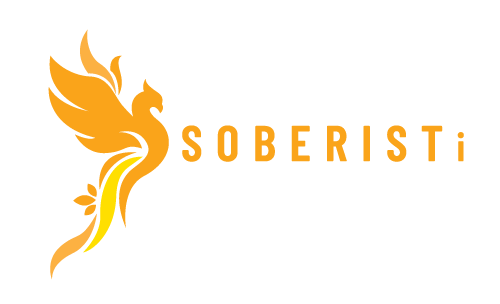THERE are probably as many definitions of alcoholism as there are definers. At what point does the habit become an addiction, and when does it turn into alcoholism? I don’t know.
I don’t like to make strict definitions, because I don’t like compartmentalisation. I think it’s up to everyone to define their own space. However, it is clear that a person who is unable to stop drinking after alcohol has ruined their life is an alcoholic.
BUT was I an alcoholic? I took numerous alcohol tests over the years and got a “clean bill of health” on almost all of them, because I didn’t drink in the morning, I didn’t take hangover pills, I didn’t miss work because of alcohol, no one had expressed concern about my drinking, and so on.
HOWEVER, after years of practice, I had developed an addiction to wine, which gradually grew so strong that wine became the highlight of the week, which I eagerly awaited. It became too important. And I couldn’t be a moderate user, because I liked the feeling I got from the wine, the taste was really irrelevant (although of course I only drank good quality wines and pretended with others that it was just culinary).
IF you ask me now if I’m an alcoholic, I’ll tell you I’m not. I have a genetic predisposition to alcoholism and I had an alcohol problem. If I had kept drinking, I would have become an alcoholic before long. But the fact that I have admitted my problem and stopped drinking makes me an absolutist – not an alcoholic.
I use the terms alcoholism, alcohol dependence, addiction and alcohol problem in Free from Wine. I don’t see any reason to make a strong distinction between them, because in the end they are just differences in degree of the same thing. My own view, however, is that official statistics underestimate the number of people addicted to alcohol.
If you’re wondering if you have a problem, you probably do. We are different people and we demand different things of ourselves. Another eats doughnuts or drinks alcohol every day and feels neither guilt nor shame. Can we then talk about a problem?
THE other gets a terrible moral hangover over the smallest thing, anxiety and shame. If your actions don’t suit you and are causing low self-esteem and anxiety, you have a problem: deep down, you’re not living the life you want to live.
SURE, there are alcoholics who beat their families and drink under their homes and don’t feel the need to stop drinking. But there are shelves and shelves of books on this subject in the library, so I’ve concentrated on women drinkers (women alcoholics usually drink in secret and take care of the family until the end) and spontaneous sober people.
SPONTANEOUS sobriety means quitting drinking on your own, without peer groups or professional help. Spontaneously sober people do not want to be stigmatised and therefore keep it a secret. More and more research is finding that spontaneous recovery is the predominant way to overcome substance abuse problems.
So many people stop drinking alcohol without outside help and often without even telling those around them. It happens at all ages, but there is a particular spike when you turn forty. Surprise surprise, I was forty when I quit
THE traditional way of thinking about the problem of alcohol is, in my opinion, too one-sided and simplistic. If you’re wondering whether you have a drinking problem, the answer is yes.
At the point when drinking alcohol repeatedly causes anxiety, self-blame and shame, it is clear that it is a problem.
IF you want to quit alcohol and need help, take the first steps and check out Soberist’s free mini coaching. Please note that mini coaching is not yet available in English, but feel free to explore the Soberisti online course.
Explore the Soberisti online course


